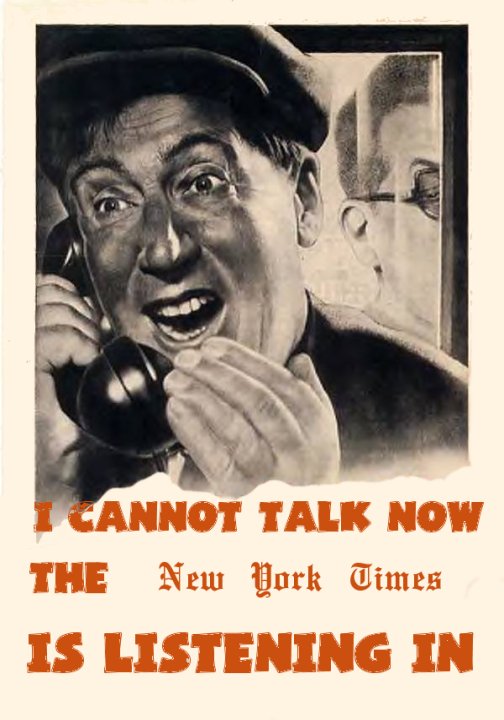
SAN FRANCISCO – In open court and legal filings, it’s referred to simply as “The Document.”
Federal officials claim its contents are so sensitive to national security that it is stored in a bombproof safe in Washington and viewed only by prosecutors with top-secret security clearances and a few select federal judges.
The Document — described by those who have seen it as a National Security Administration log of calls intercepted between an Islamic charity and its American lawyers — is at the heart of what legal experts say may be the strongest case against the Bush administration’s warrantless eavesdropping program.
The federal appeals court in San Francisco plans to hear arguments in the case on Wednesday.
The charity’s lawyer scoffs at the often surreal lengths the government has taken to keep The Document under wraps.
“Believe me,” Oakland attorney Jon Eisenberg said, “if this appeared on the front pages of newspapers, national security would not be jeopardized.”
Eisenberg represents the now-defunct U.S. arm of the Al-Haramain Islamic Foundation, a prominent Saudi charity that was shut down by authorities in that kingdom after the U.S. Treasury Department declared it a terrorist organization that was funding al-Qaeda.
He and his colleagues sued the U.S. government in federal court in Portland, Ore., alleging the NSA had illegally — without warrants — intercepted telephone calls between Soliman al-Buthi, the Saudi national who headed Al-Haramain’s U.S. branch, and his two American lawyers, Wendell Belew and Asim Ghafoor.
Unlike dozens of other lawyers who have sued alleging similar violations of civil liberties stemming from the Bush administration’s secret terrorism-surveillance program, Eisenberg’s team had what it claimed to be unequivocal proof: The Document.
In 2004, as the Treasury Department was considering whether to include the group on its list of terrorist organizations, Al-Haramain’s Washington lawyer, Lynne Bernabei, asked to see the evidence.
That’s when, in a case of bureaucratic bungling, Treasury officials mistakenly handed over the call log – which has the words “top secret” stamped on every page – along with press clippings and other unclassified documents deemed relevant to the case.
Six weeks later, the FBI was dispatched to Bernabei’s office to retrieve it. But by then she had passed out copies to five other lawyers, a Washington Post reporter and two Al-Haramain directors – Buthi and Pirouz Sedaghaty.
Still, the lawyers were unsure what they had been given — until December 2005, when the New York Times published a story exposing the Bush administration’s warrantless-wiretapping program. The attorneys involved in the Al-Haramain case then realized that the call log was proof their clients had been eavesdropped on, and they sued.
ASSOCIATED PRESS: When Restoration Of The Fourth Amendment Becomes A ‘Frivolous Lawsuit’
